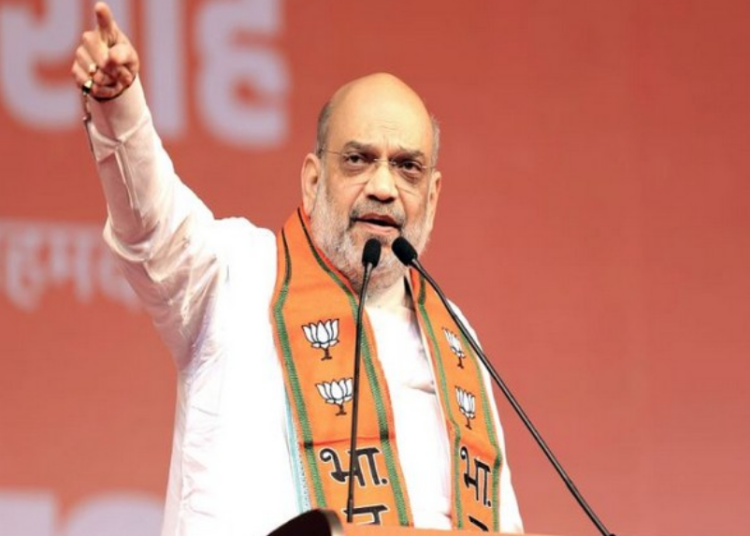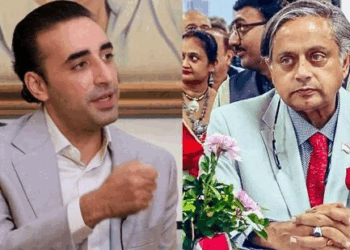In a significant development aimed at streamlining the electoral process and fostering political stability, Home Minister Amit Shah presented the long-anticipated report on the One Nation One Election concept to the President of India. Terming the occasion as momentous, Shah emphasized the transformative potential of this initiative in shaping the future of India’s democratic landscape.
The One Nation One Election proposal, which seeks to synchronize the schedule of general elections across all levels of government, has been a subject of considerable debate and deliberation in recent years. Advocates argue that such synchronization could reduce the burden on the electoral machinery, minimize disruptions to governance, and enhance policy continuity.
Addressing the media after submitting the report, Amit Shah underscored the significance of this initiative in strengthening the foundations of India’s democratic framework. He expressed confidence that the comprehensive recommendations outlined in the report would pave the way for constructive dialogue and informed decision-making on this critical issue.
The submission of the report to the President marks a crucial milestone in the journey towards realizing the vision of One Nation One Election. With the government’s commitment to fostering inclusive and efficient governance, the initiative has garnered widespread attention as a potential game-changer in India’s political landscape.
While the concept has sparked both enthusiasm and scepticism among various political stakeholders, proponents believe that it has the potential to usher in a new era of electoral efficiency and accountability. As discussions on the implementation of the One Nation One Election gather momentum, the nation awaits further developments with keen anticipation.
Amit Shah’s submission of the One Nation One Election report to the President signifies a pivotal moment in India’s democratic evolution. As the nation grapples with the complexities of electoral reform, the initiative holds the promise of reshaping the electoral landscape and fostering greater efficiency and accountability in governance.








 India
India












